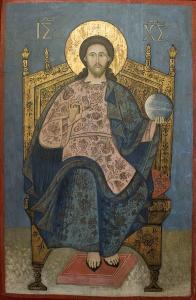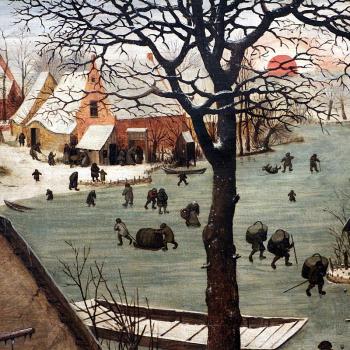
I don’t mean to invoke the United States in my title—as much as many people think that it is a Christian nation (which, at any rate, isn’t the same thing as a “Catholic Country”). In fact, I only began wondering what such a thing was when I saw a question asked in some Catholic Facebook group: “which country do you think is the most Catholic?” Several answers came up more than once: Poland, Malta, the Philippines, etc. The last of these probably came up the most.
This, unfortunately, reveals quite a bit about how we think, and how “Un-Catholic” we can be. What exactly does it demonstrate? Quite a lot—it seems to suggest that we have reduced Catholicism to two or three teachings (largely centered around sexual morality), leaving the Faith un-moored from its broader aims—theological and social.
So why did people “vote for” the Philippines? Most people mentioned three things: abortion is illegal, same-sex marriage is illegal, and divorce is illegal. These, of course, represents primary concerns of the American Pro-Life Movement (and, of course, most of the commenting in the FB group I mentioned above were from the US). But at what cost? It seems to me that “holding up” the Philippines in this way betrays a certain problem in the way such people have constructed the world—the sort of ideological character they have.
The current Filipino president has been, to put it mildly, critical of the Church, which has itself criticized him for several policy decisions. More generally, his remarks have been met with opprobrium from both Catholics and the media in the broader world:
The Philippines is an overwhelmingly Catholic country, with about 90 percent of the population identifying as Catholics.
But that hasn’t stopped President Rodrigo Duterte from repeatedly taking aim at the Catholic Church. On Wednesday, local news reports quoted Duterte — who is known for his incendiary remarks — as saying: “These bishops that you guys have, kill them. They are useless fools. All they do is criticize.”
The Catholic Church has emerged as a vocal critic of Duterte’s war on drugs, which has resulted in thousands of deaths since 2016. And in the past year, three Catholic priests have been killed in the Philippines.
Duterte has previously used a crude term to describe Pope Francis, and he angered Catholics in the Philippines this summer when he called God “stupid” in a televised address. He also pushed back on the concept of “original sin,” saying: “What kind of religion is that? I can’t accept it.”
Earlier this year, after a Catholic priest was killed, Catholic leaders in the Philippines released a statement urging Duterte “to stop the verbal persecution of the Catholic Church because such attacks can wittingly embolden more crimes against priests.”
On Thursday, his office excused his comments about killing bishops as “hyperbole.”
“We should be getting used to this president. He makes certain statements for dramatic effect,” presidential spokesman Salvador Panelo later told reporters, according to the Philippine news site Rappler. “The president, just like any ordinary human being, is upset when the good things that he does for this country are not even appreciated by people who are supposed to support it, like the church.”
But many see the president’s comments as regularly crossing the line from jokey to offensive. In August, he said that “as long as there are many beautiful women, there will be more rape cases.” (The Washington Post)
Its current president aside, the country has a massive sex trafficking problem (see here and here for more information—one of these is even from a Catholic website!). And then there is the nation’s war on drugs, one that makes the US’s look like nothing (which now both President Trump and Congressional Democrats agree has gone too far). Its criminal justice system is also, to put mildly, somewhat corrupt. And then there’s the extreme poverty.











